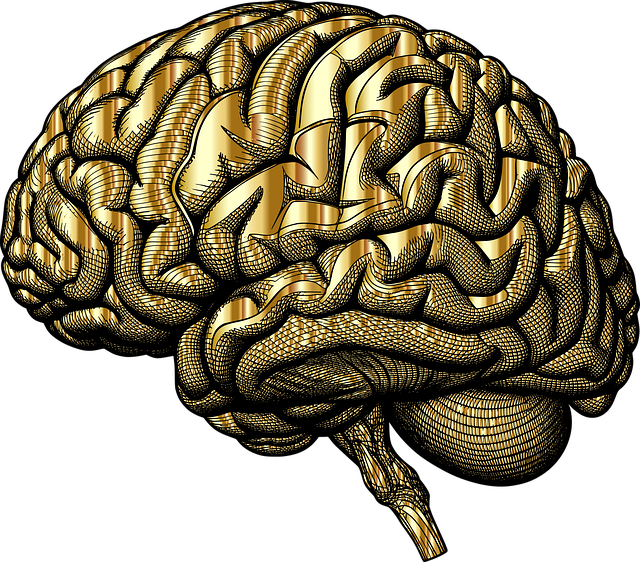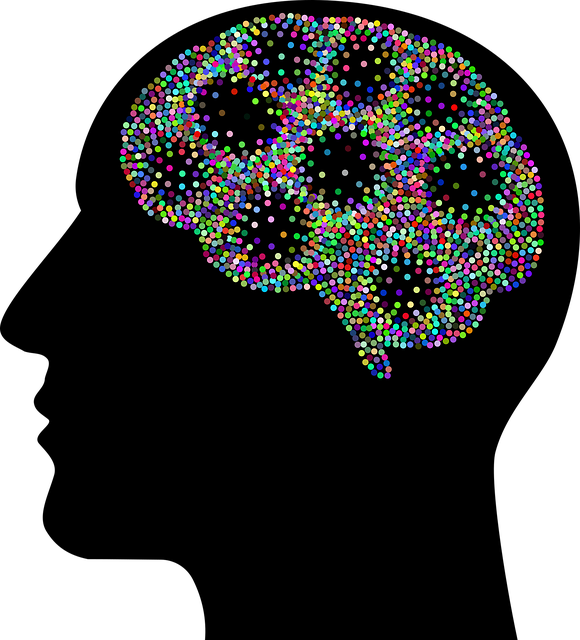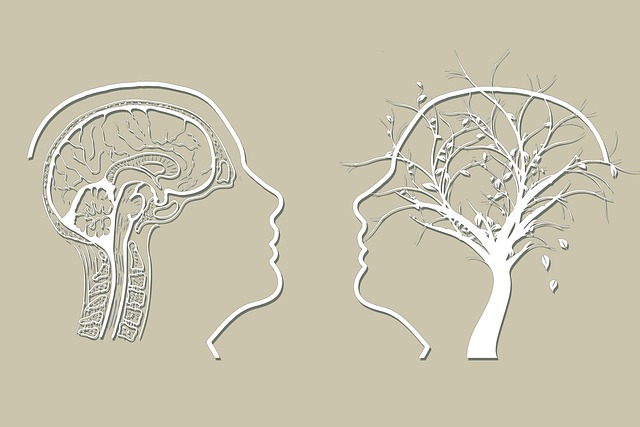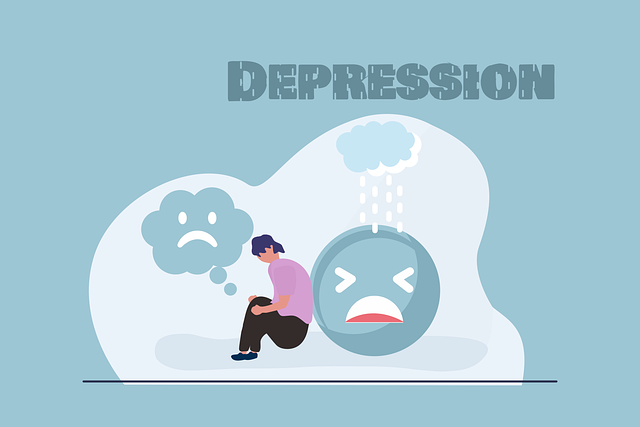Westminster Learning Disability Therapy prioritizes stress management for individuals with learning disabilities, addressing unique challenges like cognitive differences and communication barriers that can make daily life overwhelming. They offer tailored support through crisis intervention guidance, mental health education, compassion cultivation practices, and structured workshops using techniques like journaling to build resilience. Their comprehensive approach includes evidence-based practices, mindfulness exercises, conflict resolution strategies, public awareness campaigns, and cultural competency training for healthcare providers, all aimed at improving overall mental wellness.
Stress management is a vital skill, especially for individuals with learning disabilities. This article explores the comprehensive approach offered by Westminster Learning Disability Therapy in teaching effective stress management techniques. We delve into the understanding of stress and its unique impact on this population, providing insights into practical daily applications. By combining evidence-based strategies with specialized therapy, Westminster empowers individuals to navigate life’s challenges, fostering resilience and improved well-being.
- Understanding Stress and Its Impact on Individuals with Learning Disabilities
- Effective Stress Management Techniques for Daily Application
- Role of Westminster Learning Disability Therapy in Teaching Stress Management Skills
Understanding Stress and Its Impact on Individuals with Learning Disabilities

Stress is a universal human experience, but its impact can vary significantly depending on an individual’s unique circumstances. For those with learning disabilities, managing stress effectively is not just a personal challenge but also a crucial aspect of their overall well-being and therapy journey. Westminster Learning Disability Therapy recognizes that these individuals often face distinct stressors related to cognitive differences, communication barriers, and social challenges.
Understanding the specific triggers and effects of stress in this population is essential. Simple tasks or environments that might seem mundane to others could be overwhelming for those with learning disabilities, triggering anxiety or even crises. Therefore, providing tailored support and teaching effective stress management techniques is a vital component of therapy. This may include incorporating Crisis Intervention Guidance to help individuals de-escalate in stressful situations and designing Mental Health Education Programs that foster self-awareness and coping strategies. Moreover, Compassion Cultivation Practices have shown promise in promoting emotional resilience and enhancing the ability to navigate stressful encounters with grace and understanding.
Effective Stress Management Techniques for Daily Application

Managing stress effectively is a crucial skill that can significantly enhance one’s overall mental wellness. For individuals with learning disabilities, these techniques become even more valuable tools for navigating daily challenges. Westminster Learning Disability Therapy offers practical guidance on various stress management strategies that are easy to incorporate into daily routines.
One powerful method is the practice of journaling. This involves dedicating time to reflect and write down thoughts and feelings. By documenting experiences, one can identify triggers and patterns related to stress. Additionally, mental wellness journaling allows for positive thinking exercises, where individuals can reframe negative thoughts, promoting a more optimistic mindset. The organization also conducts stress management workshops, providing structured exercise guidance tailored to diverse learning needs. These workshops empower participants with practical tools to cope with stressful situations, fostering resilience and improved emotional well-being.
Role of Westminster Learning Disability Therapy in Teaching Stress Management Skills

Westminster Learning Disability Therapy plays a pivotal role in teaching stress management skills to individuals with learning disabilities. They specialize in tailoring programs that address unique challenges, offering strategies beyond conventional methods. By combining evidence-based practices and personalized approaches, therapists create an inclusive environment where clients can learn effective coping mechanisms. These techniques range from mindfulness exercises to conflict resolution strategies, empowering individuals to navigate stressful situations with increased resilience.
Incorporating public awareness campaigns development is another key aspect of their approach. They educate not only their clients but also the broader community, promoting understanding and reducing stigma associated with learning disabilities. Furthermore, Westminster Learning Disability Therapy provides healthcare provider cultural competency training, ensuring professionals are equipped to offer sensitive and effective support in various settings.
In light of the above discussions, it’s clear that stress management techniques are invaluable tools for individuals with learning disabilities. The combination of understanding stress and its unique impact on this population, coupled with practical daily application methods, forms a robust framework. Westminster Learning Disability Therapy plays a pivotal role in teaching these skills, empowering individuals to navigate life’s challenges more effectively. By adopting these strategies, we can enhance overall well-being and foster greater resilience among those supported by specialized therapy services.













